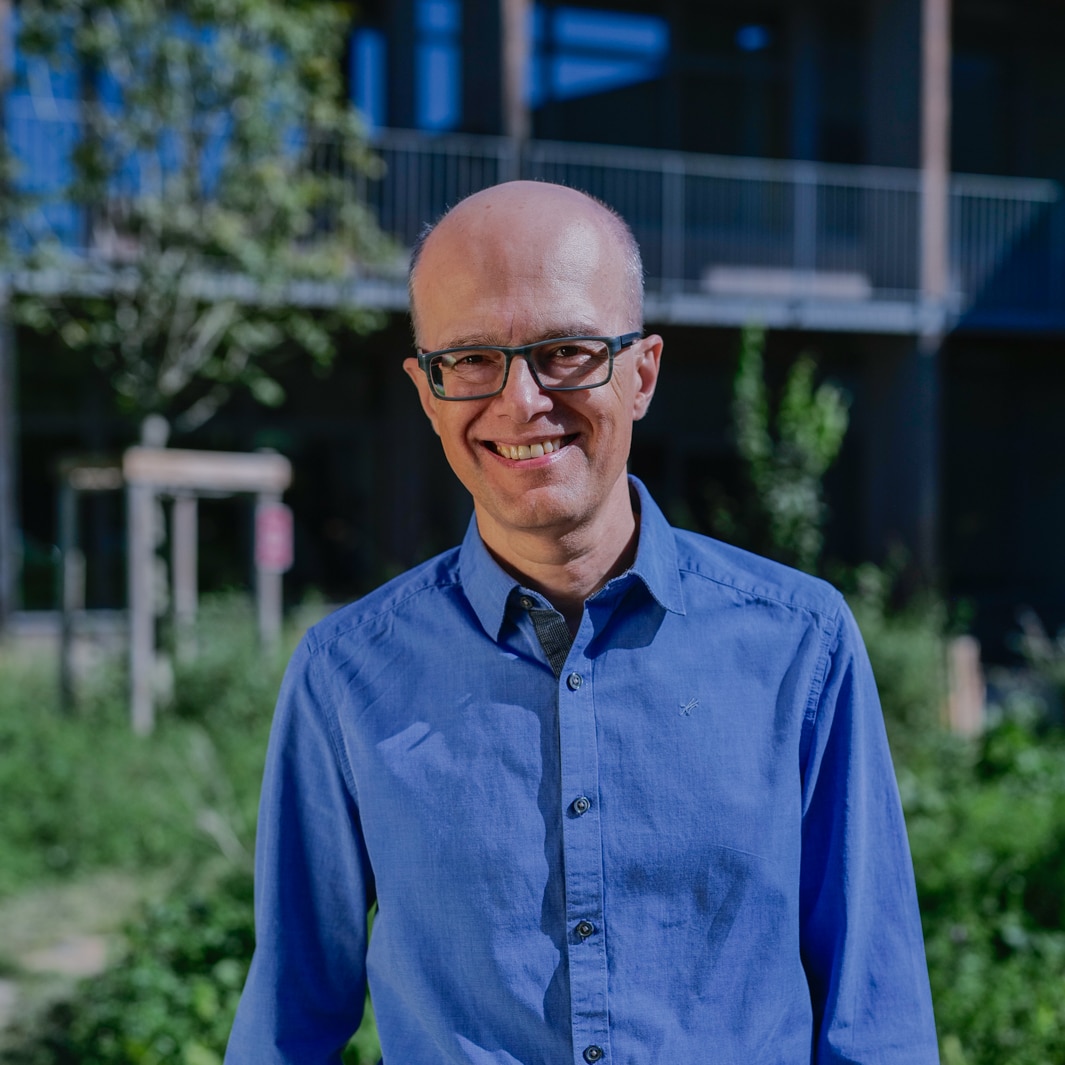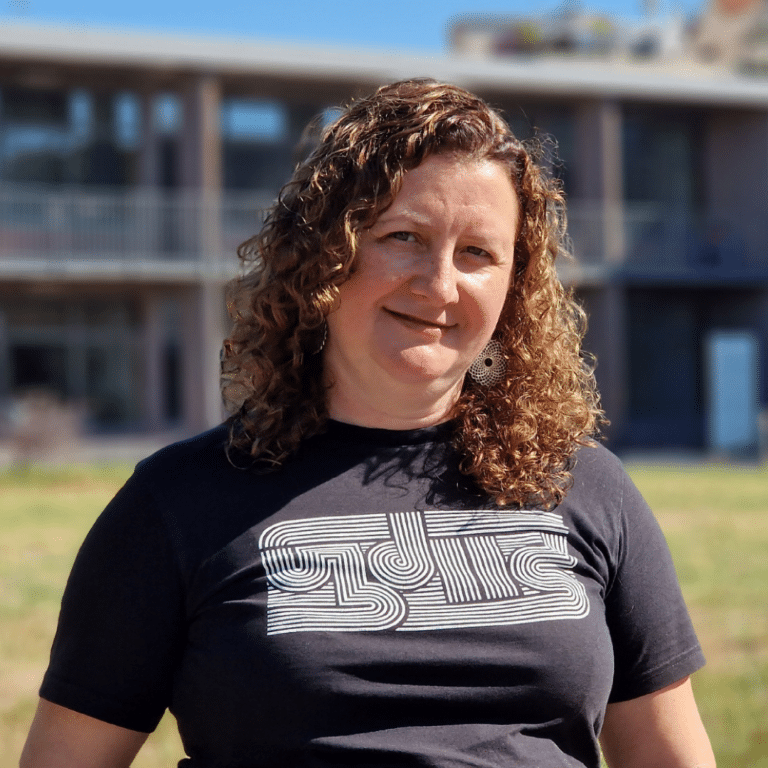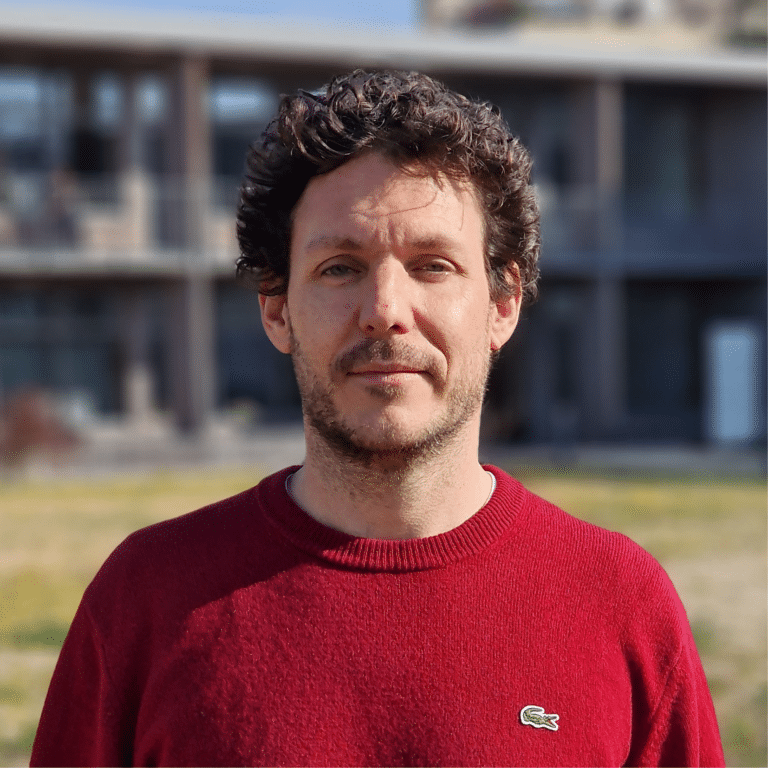
Marcelo J. Borges
Research project
Migrations and Emotions in a Globalized World, 1870-2015
Project summary
This project brings together the perspective of migration history and the history of emotion to uncover the emotional dynamics that contributed to shaping the experiences of migrants and their families and the ways that migrants were perceived by diverse societies over time. The analysis takes a global perspective and a multiscalar approach that incorporates a variety of examples from different sociocultural and geographical spaces. It is a historical study that dialogues with pressing current issues, as migration is at the centre of today’s global agenda and involves an expanding number of peoples and societies around the world.
Argument
The general argument is that emotions have played a crucial role in the life experience of migrants and in the cultural, social, and political dynamics generated by peoples’ mobility. It further argues that emotional considerations are part and parcel of the economic, social, cultural, and political dimensions of migration and that bringing these considerations to light contributes to explaining the migration experience more fully. The analysis sheds light on how emotions associated to migration were constructed, negotiated, and deployed by different actors over time and how emotional practices have varied according to factors like gender, age, and race in different sociocultural and political contexts.
Approach
The focus on migrants’ trajectories and their significance at the individual, family, and community level offers insight into the subjective dimension of the migratory experience and the role emotions play in the negotiation of transnational life. It also illuminates the changing social and political backgrounds against which emotions are felt, displayed, managed, and re-signified. For its part, the analysis of perceptions of the migrant and migration policies broadens the scale to reveal how emotions have been mobilized in societies of origin and destination over time. Political and intellectual elites have used the language of emotion to make claims about the social, economic, demographic, and moral implications of migration; to reinforce national unity through feelings such as loyalty and patriotism; and to select and control immigrants through legislation and administrative practices. Such mobilization has been key in efforts to garner support for anti-immigration campaigns fuelled by scapegoating and xenophobia, and also through more positive feelings such as sympathy and compassion, to welcome selected migrants based on origin, demographic characteristics, race, and cultural or ideological affinity.
Transnational migration constitutes a privileged empirical field for studying emotions and their role in historical change. Migration processes occur in the context of changing cultural backdrops against which emotions are felt, displayed, and managed. The significance of migrants’ emotional experience, therefore, lies in the interaction of (and tensions between) different cultural and social contexts put in contact through migration. By focusing on people on the move and linked to multiple places, the combined lens of migration history and history of emotions reveals how migrants navigate different emotional landscapes as individuals and members of particular social groups. In addition, by considering the effects on societies transformed by this mobility, this approach brings to light how societies have dealt with the challenges migrants pose to established hierarchies of power, ideas of national identity, and cultural traditions, and how migrants have coped with domestic reactions in the places of immigration.
This study delves into a wide repertoire of scholarship from history, social sciences, and cultural studies to identify emotional expressions associated with significant moments in the process of migration that have received substantial scholarly attention. When analysing the migration experience, the discussion is also illustrated with sources such as literature, first-person accounts, and media and popular culture. That is the case, for example, in the discussion of emotions associated with identity and self-making, transit and migrants’ journeys, and political discussions of migration. The result is a rich exploration of the intersection of emotion and mobility as seen by multiple lenses and perspectives, anchored in a varied scholarly foundation grounded in the humanities and in dialogue with disciplines in the social sciences.
The time framework for this study is roughly 1870 to 2015. During this almost century and a half, long-distance migration grew to a global scale; societies were transformed by an increasingly diverse population of migrants; states developed ways to control them according to changing economic, ideological, and political imperatives; and people on the move devised creative ways to cope with these changes, a process that involved material and emotional labour.
Biography
Marcelo Borges is Professor of History and the Boyd Lee Spahr Chair in the History of the Americas at Dickinson College (USA), where he teaches Latin American history and migration history. He holds undergraduate degrees from the National University of La Plata (Argentina) and a Ph.D. in history from Rutgers University (USA).
His current research focuses on the history of migration, the history of emotions, and epistolary practices in the context of migration. His publications include Chains of Gold: Portuguese Migration to Argentina in Transatlantic Perspective (2009); Migrant Letters: Emotional Language, Mobile Identities, and Writing Practices in Historical Perspective (with Sonia Cancian, 2018); Emotional Landscapes: Love, Gender, and Migration (with Sonia Cancian and Linda Reeder, 2021); and The Cambridge History of Global Migrations, Vol. II, Migrations: 1800-Present (with Madeline Y. Hsu; Donna Gabaccia, General Editor, 2023). He is the co-editor of the book series Studies of World Migrations, University of Illinois Press (with Madeline Y. Hsu). He has been a visiting researcher at the Social Sciences Institute of the University of Lisbon, and a research fellow at the Netherlands Institute for Advanced Studies in the Humanities and Social Sciences and the Nantes Institute of Advanced Studies.



